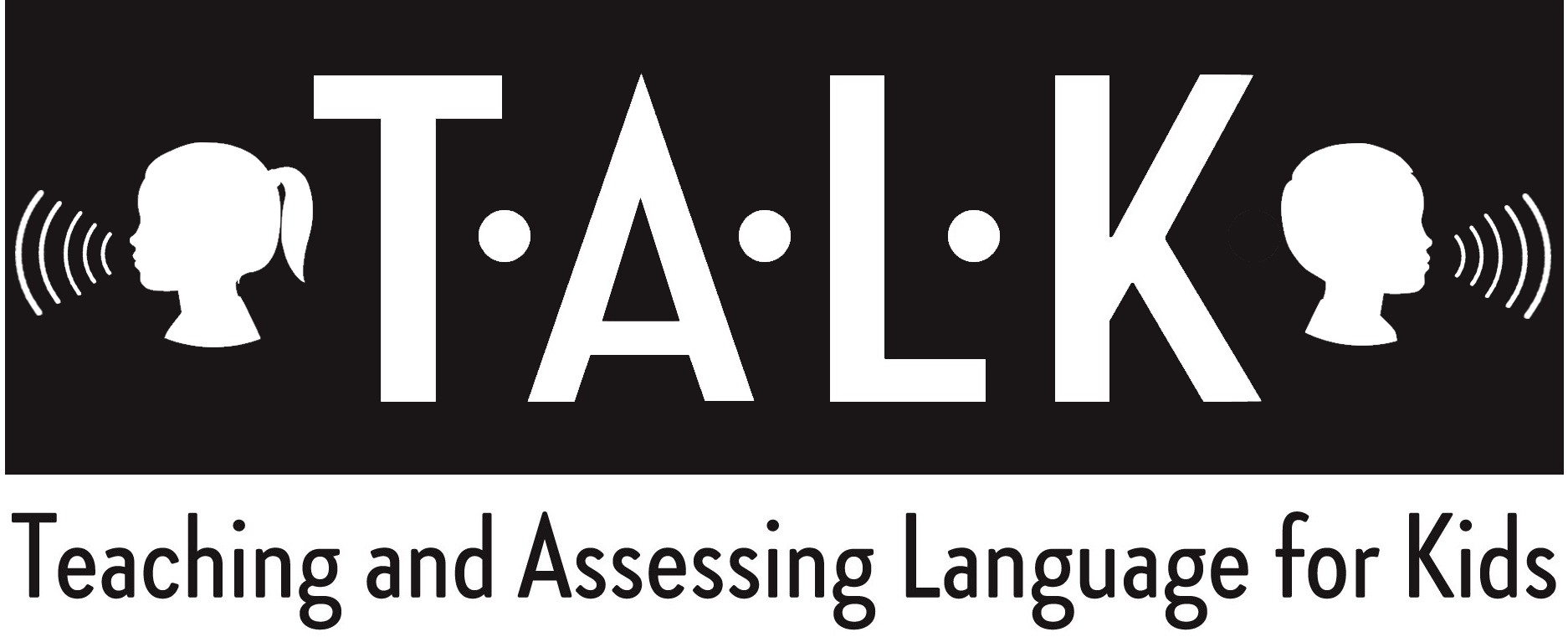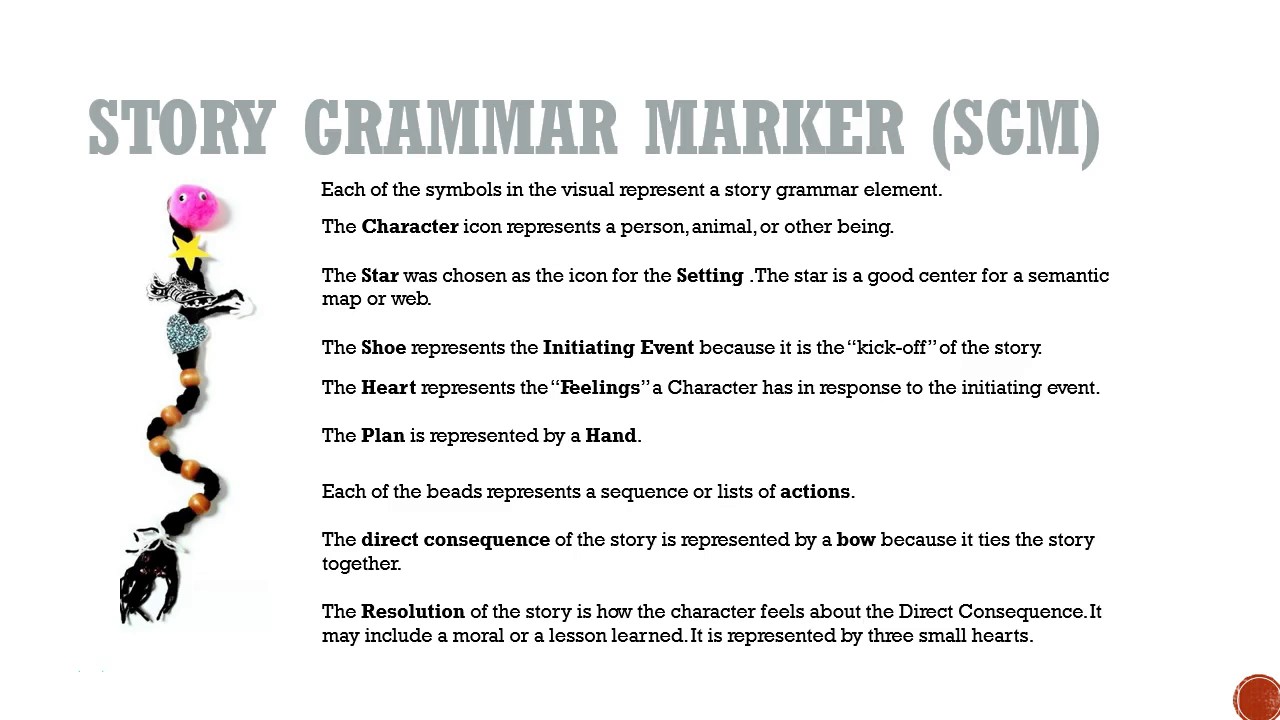I’m sure we all have heard the term dyslexia but let’s dive deeper into what dyslexia is truly about. Dyslexia is more common than one might think.
Let’s start with just a few myths about dyslexia:
· Dyslexia is rare
· Dyslexia can be outgrown and goes away once a child learns to read
· Dyslexia is a vision concern
· Individuals with dyslexia show a main sign of reading and writing letters backwards
· Kids need to just try harder to read and write
· Dyslexia is caused by parents and schools not implementing enough reading time
· No one can diagnose dyslexia
· Dyslexia is a medical diagnosis
· Every child who struggles with reading is dyslexic
· Intelligence and the ability to read are related
FALSE FALSE FALSE!
So, what is dyslexia? People with dyslexia see the same thing as everyone else. It is caused by a phonological processing deficit, so it isn’t about seeing language but about manipulating it. It impacts reading, spelling, and writing and is NOT a problem with vision. Phonological awareness skills are affected, which includes rhyming, manipulating sounds, sound/letter correspondence, and much more. Dyslexia run in families and occurs in one in five people.
Speech-language pathologists and other professionals that are part of the team assess the following skills:
· Phonological awareness and phonics
· Language-based memory
· Oral reading fluency
· Decoding
· Spelling
· Writing
· Receptive vocabulary
All in all, each child is unique, has different learning styles, and learns at a different pace. Children with dyslexia are just as smart as other kids and can achieve great success in school and beyond!
Reading is a complicated learning experience, and we are here to help! Check out our reading groups at TALK! The methods we use are proven to be effective. Find more information at https://talkbayarea.com/reading-group











































